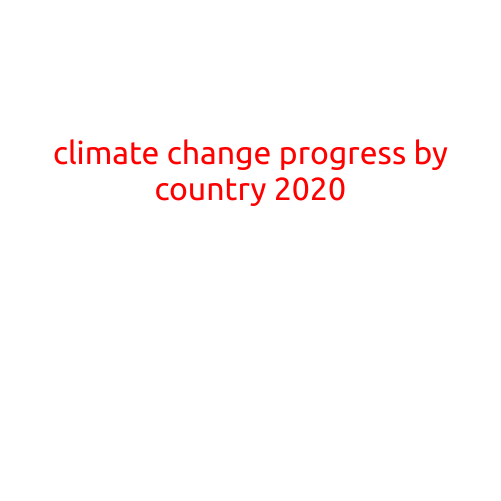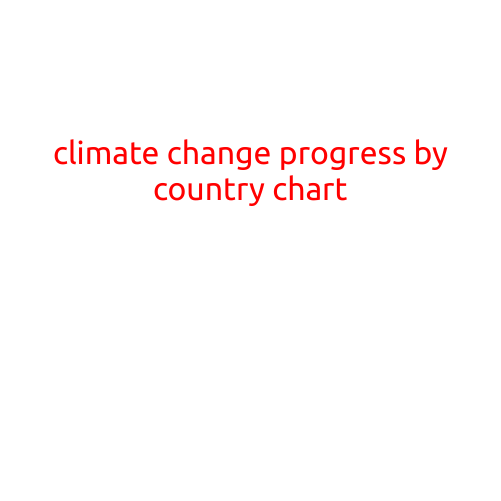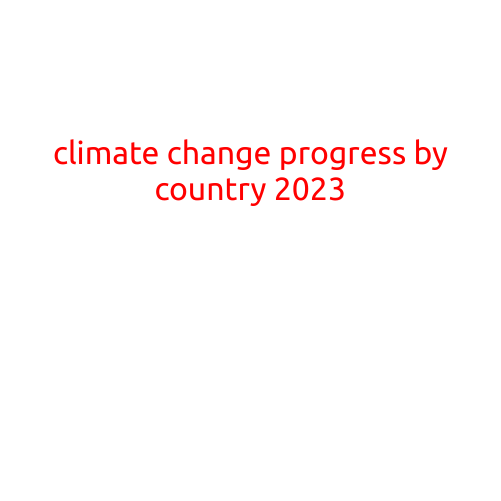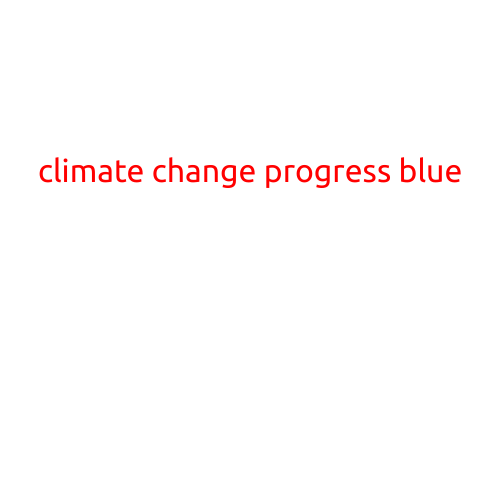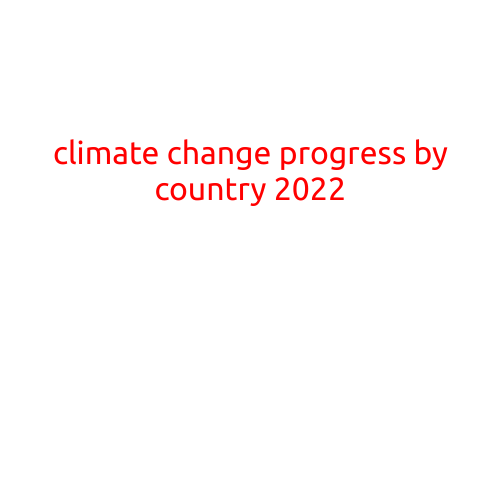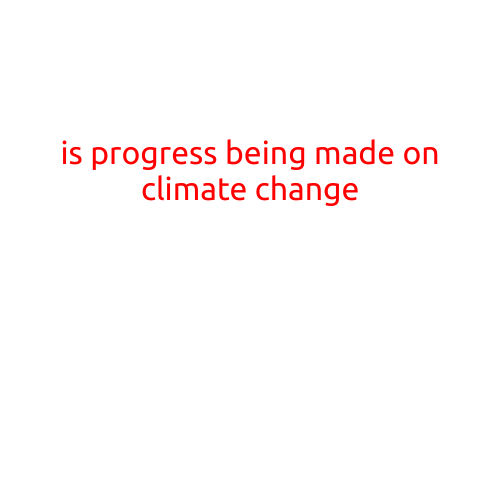
Is Progress Being Made on Climate Change?
The past few years have seen unprecedented global attention on climate change, with governments, corporations, and individuals all acknowledging the urgent need to address this pressing issue. But as the world continues to grapple with the challenges posed by rising temperatures, ocean acidification, and extreme weather events, the question remains: are we making progress in our efforts to combat climate change?
The Good News
There have been several positive developments in the battle against climate change. One of the most significant is the growing recognition of the need for urgent action. In 2019, the United Nations issued a stark warning: the world has just 12 years to mitigate the worst effects of climate change. This dire prediction has galvanized governments and corporations into action, with many committing to significant reductions in greenhouse gas emissions.
Another encouraging sign is the increase in renewable energy production. Solar and wind power are becoming increasingly cost-competitive with fossil fuels, driving growth in the market. In 2020, renewable energy accounted for over 30% of global electricity generation, up from just 20% in 2010.
The Not-So-Good News
Despite these gains, there is still much work to be done. Emissions are still rising, and the world is failing to meet its targets. The latest report from the Intergovernmental Panel on Climate Change (IPCC) warned that the world is on a trajectory to exceed the 1.5°C warming threshold, with devastating consequences for the planet.
Additionally, some major emitters, such as the United States, have seen a decline in efforts to combat climate change. The US withdrew from the Paris Agreement in 2020, and under the current administration, there has been a rollback of climate-related regulations and policies.
What Needs to Happen Next
So, what needs to happen for progress to be made on climate change? Here are a few key areas that require attention:
- Increased ambition: Governments and corporations must commit to more aggressive emissions reduction targets. This means phasing out fossil fuels, increasing energy efficiency, and investing in renewable energy.
- Climate justice: The impacts of climate change are not felt equally. Economies most vulnerable to climate change, such as small island nations and developing countries, need financial support and climate-resilient infrastructure.
- Technology and innovation: New technologies and innovations are essential for reducing emissions. Governments and corporations must invest in research and development to accelerate the transition to a low-carbon economy.
- International cooperation: Climate change is a global problem that requires a global response. International agreements, such as the Paris Agreement, must be strengthened and enforced.
Conclusion
While there are reasons to be optimistic about the progress being made on climate change, there is still much work to be done. The window for action is rapidly closing, and the consequences of inaction will be dire. It is imperative that governments, corporations, and individuals work together to address this critical issue, and that we prioritize urgent action to mitigate the worst effects of climate change.
The question remains: are we making progress on climate change? The answer is: slow but steady. There have been positive developments, but much more needs to be done. The clock is ticking, and the future of our planet depends on our ability to act.
